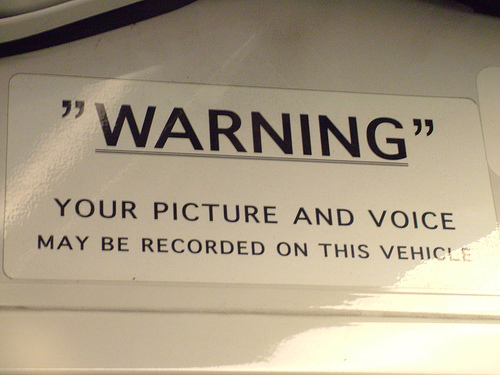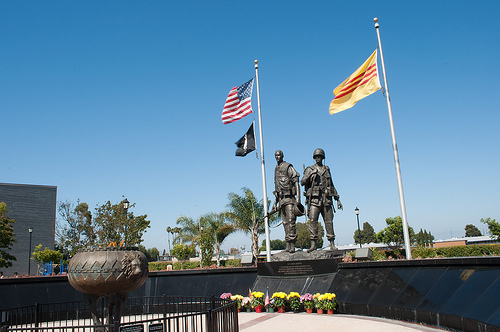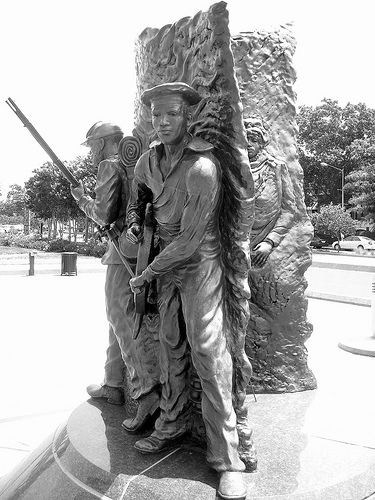Surveillance is a double-edged sword. On the one hand it is necessary for security, safety, and a multitude of other reasons. On the other, it is a sinister tool ripe for abuse. Surveillance intersects with peoples’ lives in many ways. The three main intersections include in the workplace, as a consumer, and through the government. There are a number of surveillance techniques available to be used by these entities. These techniques are not mutually exclusive. However, certain techniques are more common to certain venues. Some of the more common techniques for each venue will be discussed. Surveillance is not restricted to any particular geographic location. Surveillance is commonly practiced around the globe to varying degrees.
Continue reading…
The Things They Carried
Tim O’Brien wrote a series of gripping individual stories that were combined to create one book: The Things They Carried. This book recreated the emotion of a Vietnam War draftee before, during, and after the war. In a closer analysis of The Things They Carried the book explains the reason for writing the book, the strategies involved in this style of the writing, and an account of history from the perspective of the author through personal experience.
O’Brien’s thesis centers on the moral of a war story. This thesis is made evident by splitting the book into separate individual stories (vignettes). The stories contain a common argument that O’Brien makes through the use of his characters; morality does not fit within the context of the story. O’Brien makes it very clear throughout the book that the moral of a true war story is that there is no moral. If a war story is not fowl, evil, disgusting, and retched it is not a true war story.
Continue reading…
The Origin of the American Civil War (Thesis Analyzed)
The Origin of the American Civil War, written by Gerald Gunderson, addresses the ongoing debate of what was the cause of the American Civil War. Gunderson clearly expresses his thesis by stating, “Many of these explanations have been thoughtfully prepared and then further polished by cross-examination, yet when all these efforts have been objectively considered they yield few definitive conclusions” (Gunderson 915). He briefly addresses some of the debated causes of the war which includes conflicting objectives, slavery, the development of economic organizations, and succession. After his brief explanation of the ongoing debates, he provides an in-depth research analysis of the cost of war versus abolition. This is an attempt to determine whether the “direct economic stake in slavery” (Gunderson 941) for the South could be motivation to cause war.
Continue reading…
Machiavelli: Teaching Lessons Learned from Other Teachers
Machiavelli has based his teachings in chapters six, eight, and eighteen of The Prince on other teacher’s actions. The first thing that needs to be made clear is who are the teachers that Machiavelli has based his teachings on? These teachers are previous leaders who taught their lesson through their actions during their period of acquiring and maintaining rule. Their lessons are teaching how to gain and keep power and how leaders should conduct themselves. This is an important lesson for future leaders to learn if they wish to succeed. These teachers provide valuable information on how to acquire a new principality, how a private individual can gain the principate, and how to act as a prince.
Continue reading…




